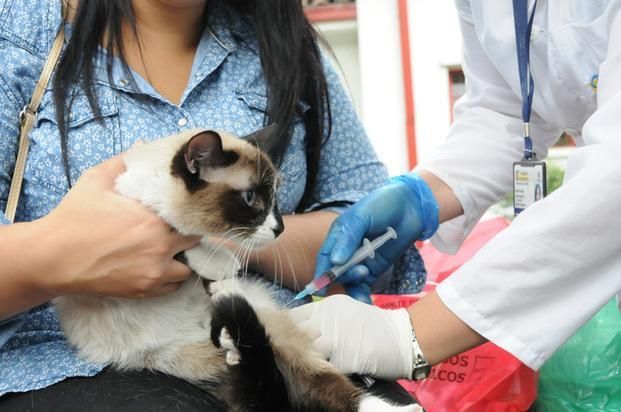The disease was detected in four cats.
After the Central Regional Laboratory of Mérida confirmed a case of rabies in four cats, the head of the Yucatan Health Secretariat (Secretaría de Salud de Yucatán, SSY, in Spanish), Jorge Eduardo Mendoza Mézquita, called on the population of Mérida and the rest of the state to avoid making contact with erratic animals.
“Making contact with them or picking them up could be seen as an act of charity, however, the reality is that it is a potential risk of contagion or transmission of diseases,” added the official, stating that not all stray animals have had an owner and, even if so, there is no evidence that there has been a responsibility to attend and vaccinate them.
Society must consider that population growth and invasion of wildlife habitat can cause that wild species attack dogs and cats. In this situation, the best option for the inhabitants is to follow the official prevention recommendations.
Animals can carry a collar, tape and even an identification plate, but that does not guarantee that they are immunized against rabies, reason why instruction has been given already to staff from SSY, “to give their greater effort in the actions for the control of the rabies that have been presented and guarantee the health of citizenship,” said Mendoza Mézquita.
“We worked intensively on these activities, so we asked the inhabitants to join, taking their pets to their veterinarian to be immunized, or to go to authorized rabies vaccination posts,” he added, at the time of reporting that the list of these sites can be verified in the page www.salud.yucatan.gob.mx.
The deputy director of Public Health, Mirza Tec Kumul, detailed that a pregnant feline was rescued on the Muna to San Jose Tipceh road and later taken to the colony Pensiones, in Mérida. In this way, the actions were carried out immediately in accordance with the guide for attention of rabies focus in observance of NOM-011-SSA2-2011 (Mexican official standard for to handle rabies).
The tasks carried out included the full identification of those who were in contact with the confirmed case, which allowed to attend and vaccinate a total of 11 people. In addition, a house-to-house supervision was carried out, with an advance of 25 blocks near the contact site in that colony.
The official said that 332 homes were visited with the application of 71 doses and estimated to end this operation in a maximum of 10 days. This strategy considers the site of origin of the animal, where 180 doses were given to 137 dogs and 43 cats, with the collaboration of municipal authorities and the Mexican Institute of Health Care and Social Services (Instituto Mexicano del Seguro Social, IMSS, in Spanish).
Finally, he said that the City of Muna has provided 20 brigades who have joined the vaccination plan, while epidemiological surveillance is maintained on a permanent basis, coordinating efforts with the Central Regional Laboratory of Mérida to detect viruses in these animals.
Source: yucatan.com.mx


